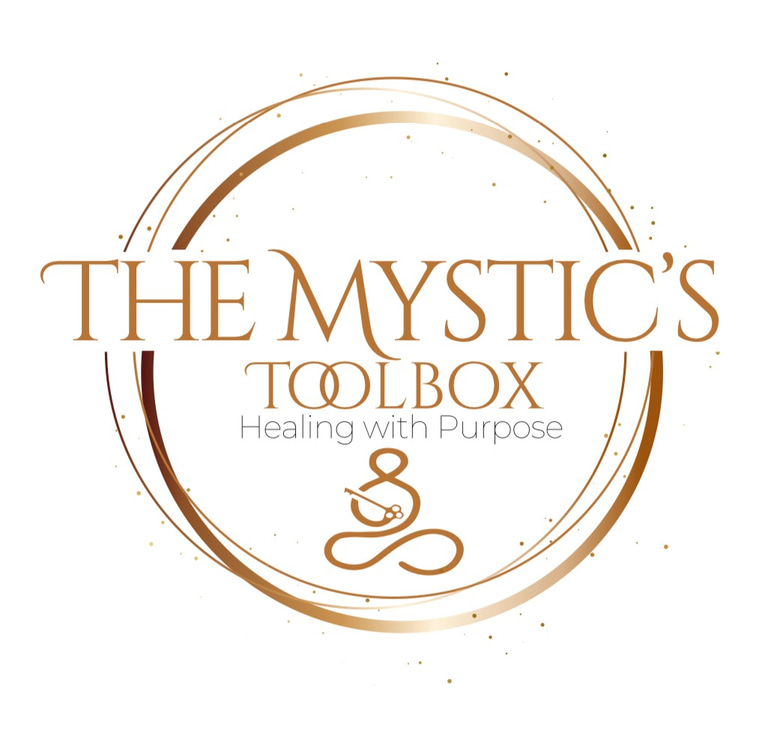Meditation
What is Meditation? What are the health benefits? What if someone doesn't know how to meditate?
Sarah Rutherford
5/9/20251 min read
Meditation
Meditation is a practice that involves focusing the mind to achieve a state of mental clarity and emotional stability. It can take various forms, including both active and passive practices. For example, active meditation might involve guided movement or breathwork, while passive meditation typically entails sitting quietly and observing one's thoughts.
The beauty of meditation lies in its accessibility; anyone can incorporate it into their daily routine, regardless of experience or commitment level. Meditation isn't something that a person has to learn to do - other than to simply "be". Often, people suggest they "don't have time" to meditate or simply can't sit still long enough for it to be impactful, but really neither of these arguments carry much weight. Meditation can simply occur while a person is driving, walking/running, drinking his/her morning coffee, washing dishes, folding laundry, etc... so long as the person is willing to observe his/her thoughts. There is no judgement of or engagement with the thought, but rather simply witnessing what comes up in that moment. People are so busy these days that they leave no room to just BE PRESENT.
The benefits are vast, ranging from reduced stress and anxiety to improved concentration and self-awareness. Research has proven that regular meditation can lead to a greater sense of calm and an enhanced overall sense of well-being, making it a valuable tool for navigating the challenges of modern life. Whether for a few minutes each day or longer sessions, meditation offers a pathway to personal growth and tranquility. Can you find space in your day today to BE PRESENT with yourself?


